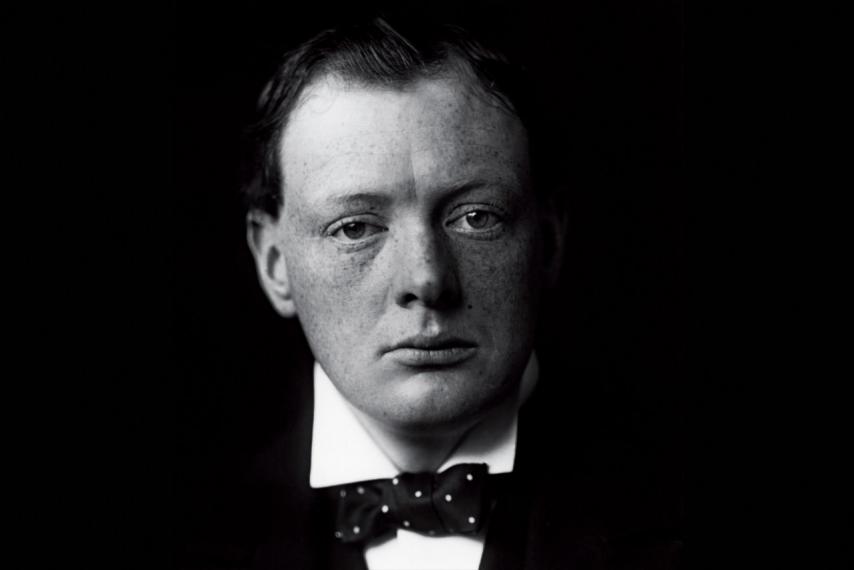
1910-1919
Votes for Women!

Winston Churchill
January 29, 2018
The Representation of the People Act
February 2018 marks the 100th anniversary of the Representation of the People Act, which granted the right to vote for women of property over the age of 30. Despite women’s suffrage being debated in the public sphere as early as the mid-nineteenth century, the formalised suffragette movement did not begin in earnest until 1903 when the Women’s Social and Political Union came into being.
The attitudes within the reigning Liberal Party to women’s suffrage were not consistent. For some sympathisers in the party, a woman’s responsibility and liberty as a citizen justified the right to vote. As women were subject to the same laws as men, then this meant that they ought to have the same stake in parliament. Yet in reality the Liberals’ stance was less than clear. It was thought (or had been decided) that most women did not want the responsibility of the vote, and that that the suffragettes were nothing more than a loud and disruptive minority. The leader of the Liberal party, Herbert Henry Asquith, was a long term opponent of women’s suffrage, a sentiment which he maintained during his term as Prime Minister.
Explore related documents at the Churchill Archive.

2024 International Churchill Conference
In this source, Churchill highlights three major reservations about women’s suffrage: his doubt over the real wishes of women around the country, the effect such a change in voting demographics would have upon the country, and whether the wider population had ever been asked at all. The vastly expanded electorate was an experiment that many in government did not want to risk. Churchill’s own support for women’s suffrage at this time was minimal, and as a frequent target of militant suffragette action, he did not have a great deal of sympathy for the cause.
The changing positions of women during the First World War was a significant factor in accelerating women’s suffrage. While suffragette campaigning was suspended during the war, around two million women replaced men in employment between 1914 and 1918. Women took up employment at munitions factories, railway stations, and as firefighters, postal workers and bank tellers. The major contribution made by women on the home front was cited as a major reason by members of parliament who supported the motion to include women in the bill, including Churchill. While it would not be until 1928 that women would receive the vote on the same terms as men, the 1918 act was undeniably a major milestone in the timeline of gender equality.
Subscribe
WANT MORE?
Get the Churchill Bulletin delivered to your inbox once a month.


